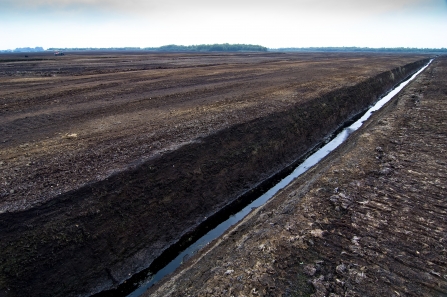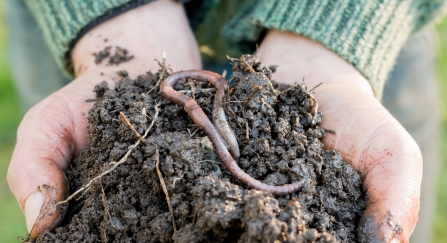Peatlands are one of the most important natural resources we have in the fight against climate change, yet they are being systematically drained and dug up – all too often to simply fill a cheap bag of compost in your local garden centre.
Here at the Wildlife Trust for Lancashire, Manchester and North Merseyside, we are delighted to have launched our #PeatFree campaign – encouraging everyone at home to take one simple step that could have a huge impact not only for our wildlife, but could also help to save our planet.
When you next buy a bag of compost or a new plant for the garden, all we are asking you to do is ensure it's peat-free. It really is as simple as that.


